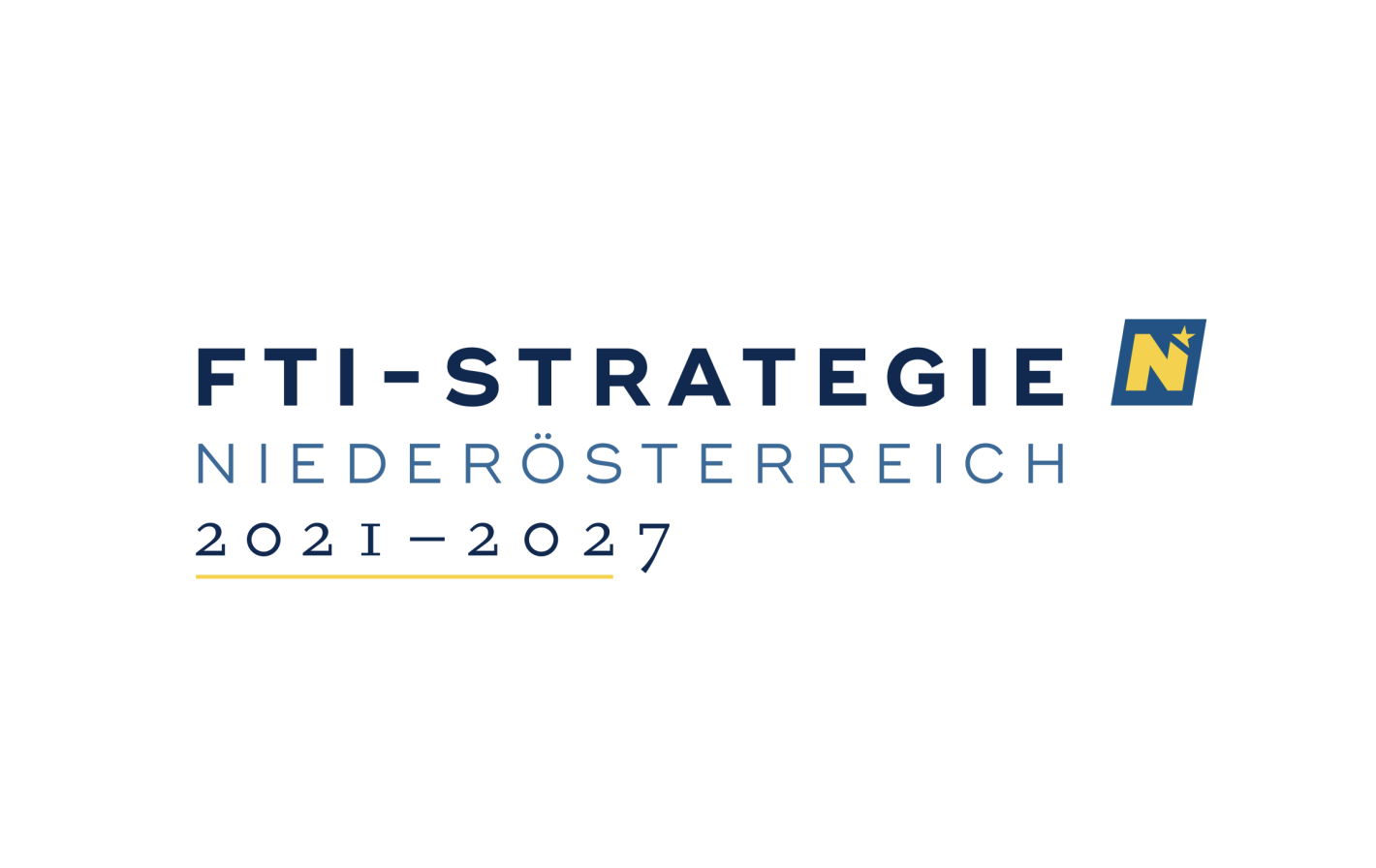Dynamically reconfigurable self-assembly with triangular DNA-origami bricks

Lead partner:
IST - Institute of Science and Technology Austria
Scientific management:
Carl Goodrich
Additional participating institutions:
Brandeis University
Field(s) of action:
Digitalization, intelligent production and materials
Scientific discipline(s):
1030 - Physics, Astronomy (75 %)
2100 - Nanotechnology (20 %)
1040 - Chemistry (5 %)
Funding tool: Basic research projects
Project-ID: FTI23-G-011
Project start: 01. März 2024
Project end: 28. Februar 2027
Runtime: 36 months / ongoing
Funding amount: € 358.681,00
Brief summary:
The self-assembly of sub-micron scale synthetic components into larger structures has the potential to enable the creation of materials with the complexity and functionality currently found only in biology. While the past decades have seen tremendous advances in our ability to create custom building blocks on this scale, we still lack a sufficient theoretical understanding of the assembly process to know what to do with these technologies. This is challenging because there are a near-infinite number of ways of designing sub-micron scale building blocks, and similarly many characteristics one might hope to achieve from a self-assembly process.
This project will focus on the idea of dynamic reconfigurability, meaning a single set of building blocks in solution will form a desired structure or material in one environment (e.g. temperature, total concentration), and a different, independently chosen desired structure or material in a different environment. Thus, the system can be toggled back and forth between these desired materials on demand. Such reconfigurability has clear and obvious applications for dynamically transformable or reusable materials.
The project will design and create dynamically reconfigurable, self-assembled structures out of triangular DNA-origami bricks. By exploiting the ability to design specific, DNA-mediated binding interactions between the sides of different particle species, we will intelligently navigate a massive and largely unexplored design space to investigate how reconfigurability can emerge. The design will be enabled by a differentiable-programming-based approach to inverse self-assembly, pioneered by the primary PI, and will then be realized experimentally by the partner PI. Importantly, this will allow us to develop a theoretical understanding that incorporates experimental constraints and unavoidable inaccuracies, thus creating a practical, general, and impactful set of design principles for reconfigurable self-assembly.
Keywords:
self-assembly, DNA-origami, inverse design, reconfigurable materials, colloidal molecules

